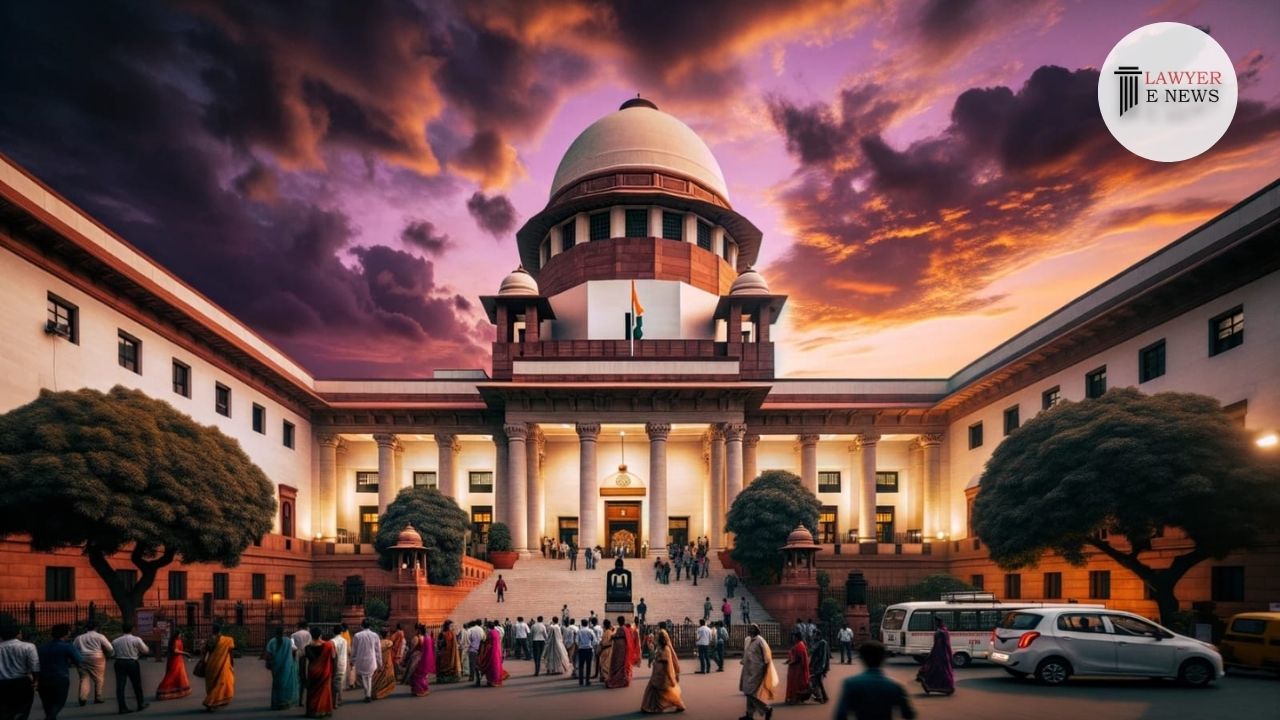-
by Admin
15 February 2026 5:01 PM



In a significant ruling on March 11, 2024, the Supreme Court of India, comprising Justices B.R. Gavai and Sandeep Mehta, overturned a previous decision by the Allahabad High Court regarding the allocation of land for the construction of a primary school in Azamgarh. The apex court's judgment addressed key legal points concerning public interest litigation, the role of land management committees, and adherence to the principles of natural justice.
The judgement revolved around the legality of the allocation of land for constructing a primary school, which was earlier demolished for a National Highway project. The court examined the roles and responsibilities of the Land Management Committee and the State authorities in such allocations.
The primary school in Mai Kharagpur village, Azamgarh, was demolished for a National Highway project. The villagers requested a new school, leading to the Land Management Committee proposing a land plot for construction. However, the respondents filed multiple writ petitions, eventually leading to the Allahabad High Court quashing the proposal. The appellant, Suneeta Devi, challenged this decision in the Supreme Court.
The Supreme Court criticized the High Court for hastily making its decision without issuing formal notices or giving a fair opportunity for all parties to be heard, thus violating principles of natural justice. The court also highlighted the misuse of Public Interest Litigation by the respondents for personal gain and noted the concealment of facts in filing successive writ petitions.
The Supreme Court quashed the Allahabad High Court's order, labeling it as suffering from "patent illegality, perversity and having been passed in sheer violation of principles of natural justice." The appeal by Suneeta Devi was allowed, reinstating the decision to allocate land for the school.
Date of Decision: March 11, 2024.
Suneeta Devi vs. Avinash and Others,
